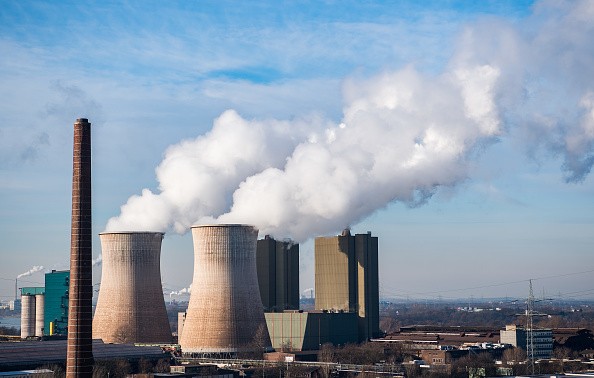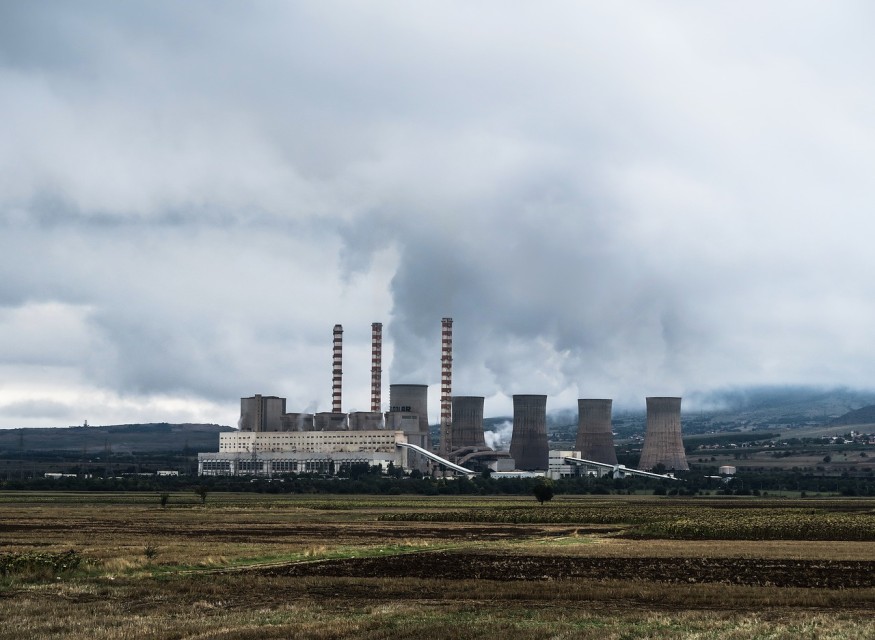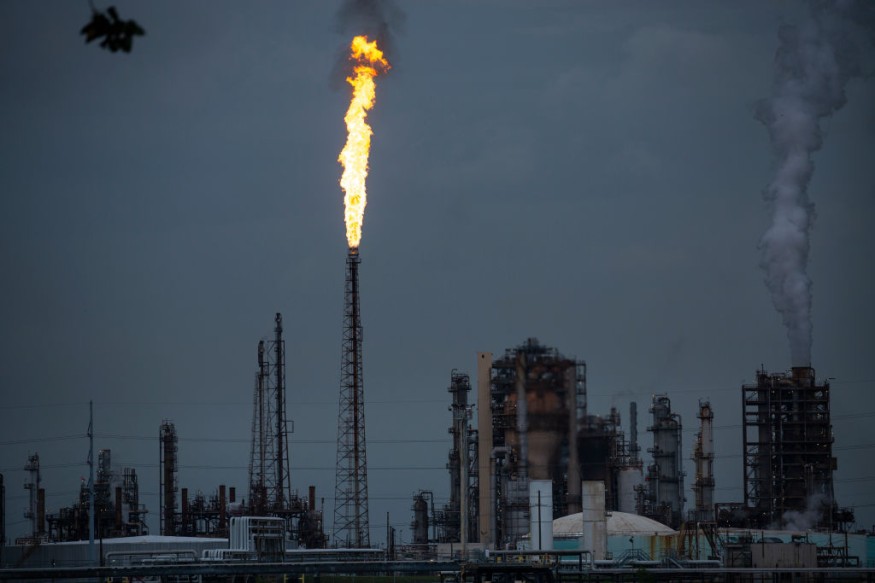Before a critical Opec conference, Iraq's finance minister, one of the founding members of the global oil cartel Opec, issued an unusual plea to fellow oil producers to shift away from fossil fuel reliance and toward renewable energy.

Ali Allawi, Iraq's deputy prime minister, urged oil producers to seek "an economic rejuvenation based on ecologically sound policies and technology," such as solar electricity and even nuclear reactors, to lessen their reliance on fossil fuel exports.
"To stand a chance of minimizing the worst consequences of climate change, the world has to radically transform the way it produces and uses energy, burning less coal, oil, and natural gas," he wrote alongside Fatih Birol, executive director of the International Energy Agency. Livelihoods would be lost, and poverty rates will rise if oil earnings begin to fall before producer countries have properly diversified their economies."
OPEC Meeting
Ministers from the 13 Opec member states will meet virtually on Wednesday to discuss possible output cuts as oil prices fluctuate. Opec had agreed to raise output as nations recovered from the Covid-19 epidemic, but sluggish markets have led some to propose that the rise be halted.
Last month, US President Joe Biden made a contentious appeal for Opec to raise oil output, even more, keep oil prices from increasing and help the US economy recover. But, unfortunately, his appeal was turned down.
Fuel Step Up

In an unprecedented step for the fossil fuel companies, the Opec summit may also address the climate problem ahead of the crucial UN climate negotiations, known as Cop26, set for Glasgow in November.
According to Allawi and Birol, current oil price instability, fueled by the pandemic, is merely the beginning of troubles for producers. The climate issue will not only need a shift away from oil, but it will also have a particularly negative impact on the Middle East and North Africa, where increasing temperatures are already causing severe problems.
According to the International Energy Agency's (IEA) recent global roadmap to net-zero by 2050, global oil demand is expected to fall from more than 90 million barrels per day to fewer than 25 million barrels per day by 2050, resulting in a potential 85 percent drop in revenues for oil-producing economies.
Economic Turmoil
According to Allawi and Birol, economic hardship and rising unemployment risk causing greater discontent and instability in a region with one of the world's youngest and fastest-growing populations.
Investing in renewables, particularly solar electricity, is an alternative to dependent on increasingly volatile oil prices. They added, "The energy industry might play a role here by utilizing the region's tremendous potential for generating and supplying clean energy."
Iraq is a founding member of the cartel, including Saudi Arabia, Kuwait, the United Arab Emirates, Venezuela, Nigeria, and several other African oil-producing countries. In addition, Russia and a few minor producers are included in the Opec+ alliance.
Most have been antagonistic to demands for action on climate change, while some have dismissed climate science, and Saudi Arabia, in particular, has often obstructed UN climate discussions.
Paris Agreement
The International Energy Agency (IEA) cautioned in May that if the world remains below 1.5 degrees Celsius over pre-industrial levels, as laid forth in the Paris Agreement - to which all Opec members are signatories - all new oil drilling must end this year.
When asked about the findings, Saudi Arabia's energy minister, Prince Abdulaziz bin Salman, said at an Opec meeting in June, "I would have to voice my perspective that I feel it is a sequel to [the] La La Land movie..." But, "What makes you think I should take it seriously?"
Oil Productions

Saudi officials have toyed with climate action in the past, claiming, for example, that the nation might eventually power itself with solar energy. However, no one has urged that oil shipments be halted.
Some oil producers, on the other hand, have chosen a more dovish attitude. For example, Oman, no longer an Opec member, looks at hydrogen as a future low-carbon fuel. The UAE also focuses on hydrogen and renewable energy and has just opened a new nuclear power plant. Other nations in the area with significant renewable energy programs include Egypt, Morocco, and Jordan.
"More than at any other time in history, significant adjustments to the economic model in resource-rich nations are unavoidable," Birol, one of the world's leading energy economists, told the Guardian. Countries in the region have made energy transition initiatives. There are encouraging attempts [among oil producers], but attaining net-zero emissions would need far bolder steps and much larger international coordination, as it has for many other nations across the world."
For more news about making the environment sustainable, don't forget to follow Nature World News!
© 2026 NatureWorldNews.com All rights reserved. Do not reproduce without permission.





